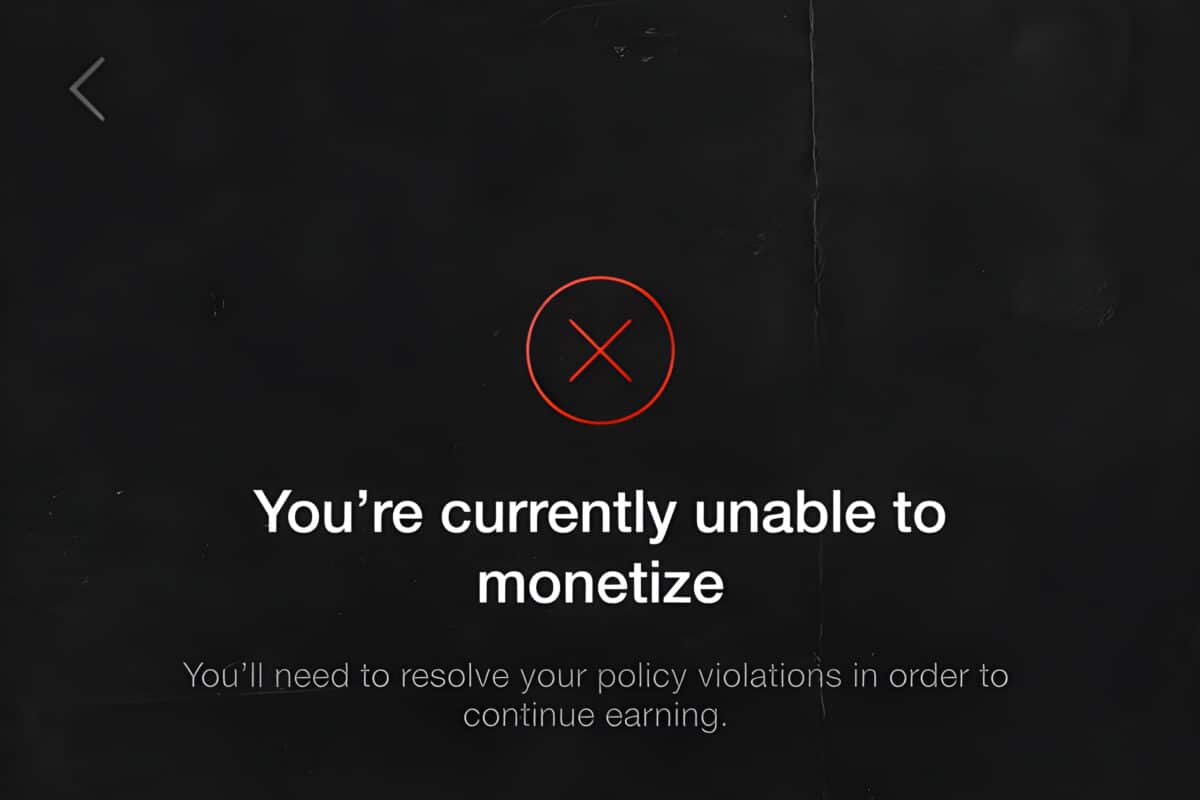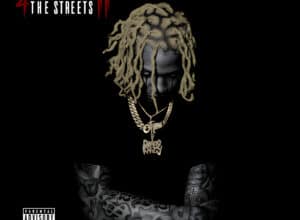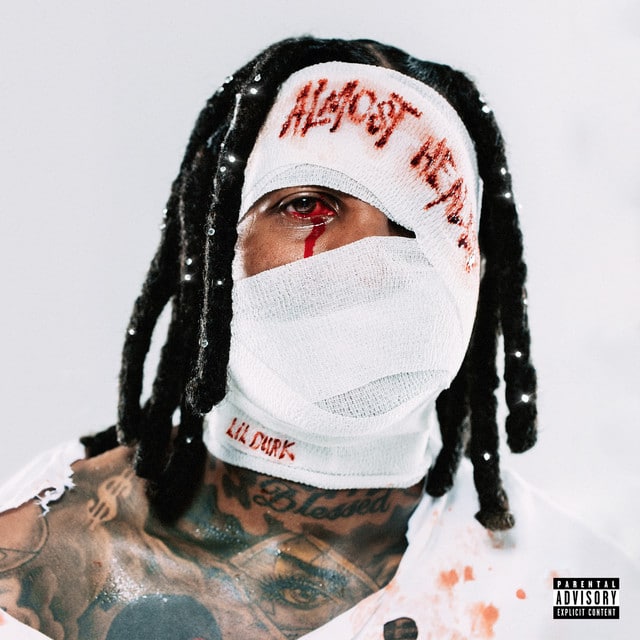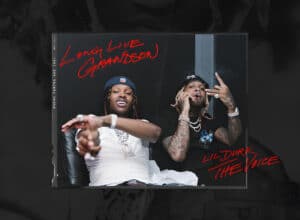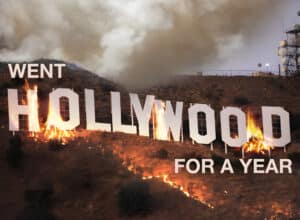Released: 2024
In ‘Monitoring Me,’ Lil Durk dives deep into the themes of authenticity, street credibility, and personal responsibility. The lyrics convey a raw narrative of the challenges faced by someone entrenched in street life, emphasizing the pressures to maintain a tough image and navigate betrayal and deceit. The track highlights how personal and professional lives intersect, often resulting in tension and conflict.
Starting with the song’s core theme, Lil Durk immediately addresses public disrespect and how he handled it discreetly through private conversations. This approach underlines the idea that public perceptions aren’t always the whole story. By monetizing his conversations, Durk underscores the transactional nature of the modern music industry where every move can have a financial repercussion.
As we move through the lyrics, Durk’s references to Six Flags symbolize the contrast between a thrill-seeking lifestyle and the serious nature of the streets. This juxtaposition sheds light on the yearning for excitement and how, in Durk’s world, this excitement doesn’t come from traditional avenues like amusement parks but rather from street exploits and experiences.
In another line, Durk makes an audacious statement about being with individuals who extort rappers and later make them buy back their possessions. This paints a vivid picture of power dynamics and survival tactics within the music and street worlds. He highlights his interactions with well-known figures, including ball players, thus blurring the line between legitimate business and illicit transactions.
Durk also touches upon the false bravado exhibited by some rappers who claim affiliations or actions they’re not truly a part of. This commentary speaks to a broader issue in hip-hop and beyond, where reputation can often be built on exaggerated tales, and not every claim is backed by action.
The hook reflects a lack of trust and paranoia pervasive in the rapper’s environment. The ‘Raq’ is a nickname for Chicago, Durk’s hometown, which he often references as a place full of posturing individuals. The reality he portrays is harsh: many who talk big don’t even set foot in these tough areas, yet continue to ride on their claimed associations.
When he refers to firearms, and mentions how certain individuals can’t be relied upon to handle them properly, Durk hints at the responsibility that comes with carrying a weapon. This is juxtaposed against those who might pretend or claim proficiency, reflecting the genuine and grave seriousness associated with such matters in the streets.
Lil Durk further explores themes of betrayal, especially when money is involved. He brings up incidents where people may switch sides or neglect responsibilities due to financial distractions or obligations to someone else. These observations offer a window into the compromises individuals often make and how money influences loyalties.
In referencing ‘Jeezy,’ Durk reflects on his past admiration but asserts that his perspectives have shifted. The snowman symbolizes both a connection to street life and a broader evolution of personal priorities and philosophies as he navigates his career and personal relationships.
In the final sections, Durk illustrates the weight of true experiences against pretenders. He challenges the credibility of others, implying that real action isn’t in boasting but in the silent acknowledgment of deeds done. Durk’s call to ‘keep your mouth closed’ is a poignant reminder of the importance of discretion, especially when the feds might be listening.
The closing imagery reinforces the blurred lines between friends and foes, business and street ethics, culminating in an authentic portrayal of his environment. He showcases the constant vigilance needed in such a volatile setting and how every move and word can have far-reaching consequences, cementing his authenticity and relentless grip on reality.
